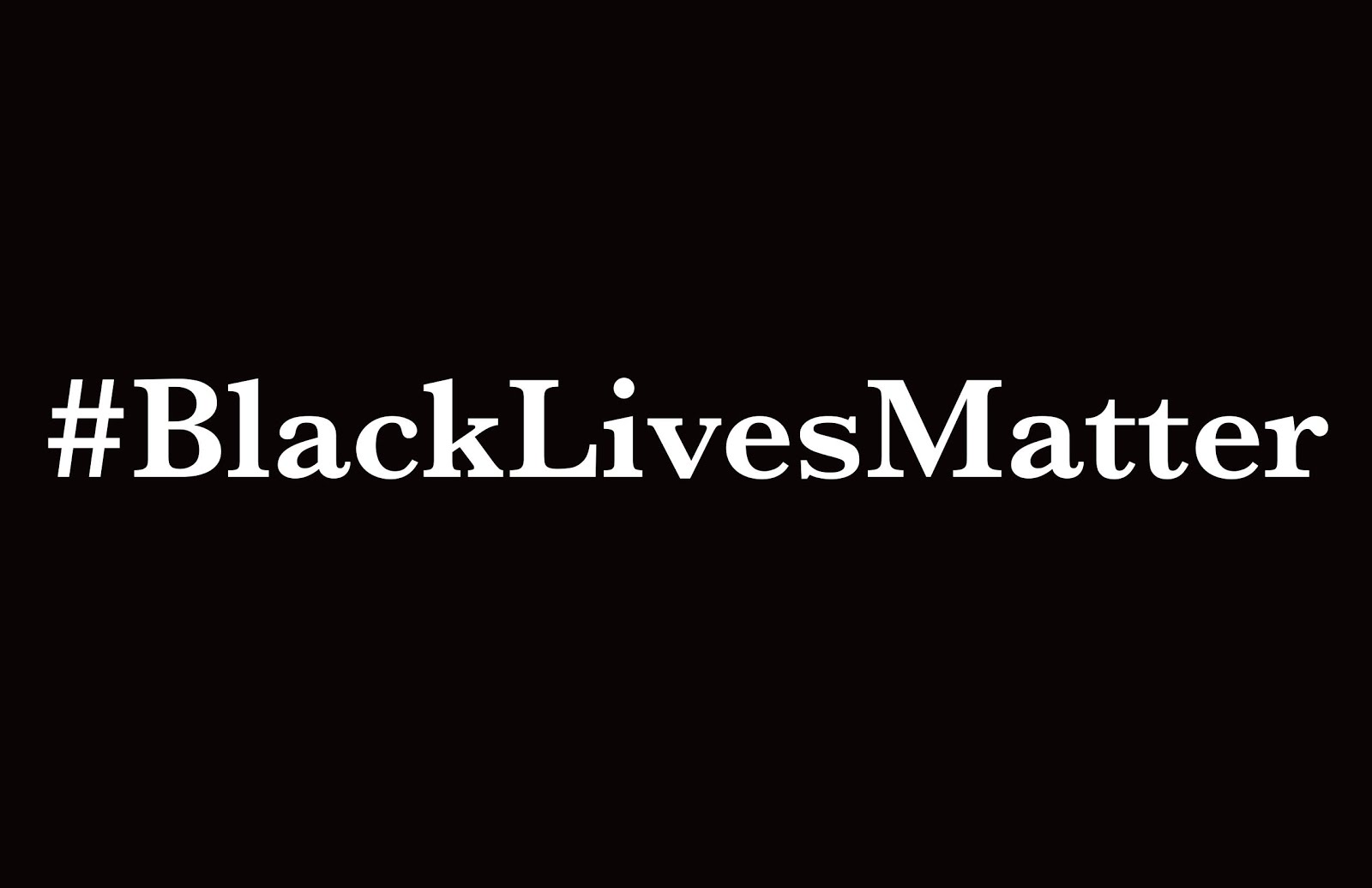I've seen some interesting graphics online over the past few months...some that mesh well with some of the thoughts I've expressed here.
The statement above touches on something...power...that is complex and important. The story of another person is just another way of saying the narrative about another person and the last post on this blog was about narratives.
Ms. Adichie references power and power tends to be a factor that is often entangled with narratives or stories that we are familiar with. Often the narratives...or stories...that become seen as "normal" or "true" or as "common sense" achieved that status not because of some intrinsic excellence or profound truth in that narrative/story but because whomever (a group, etc) was promoting or believed that narrative had the power to impose it on others and to impose the labeling of it as "truth" or "normal" and also had the power to suppress or deny other perspectives or narratives.
Conceivably, stories or narratives could come to be accepted as "true" or "normal" or whatever because groups or those with differing stories shared those stories and examined the differences or variances between narrative versions and either came to a consensus story that all agreed upon or came to see differences that were valid or accurate and agreed that various versions of a story had different truths or accuracies depending on which group was telling a story or being identified or referred to by a story or narrative.
In other words...it is conceivable for a society to employ narratives that are not imposed by power but rather are shared and mutually agreed upon by all groups in a society.
That's not difficult to understand, I don't think. In my last post I referenced the idea of someone looking at a statue from the front and someone else looking at a statue from the rear. Each have different stories or narratives about how the statue looks. Each have some truth in their stories or narratives.
A more well known variant of this notion is the story of the encountering of an elephant and the various comprehendings based on what aspect of the elephant that is encountered.
It's a very different thing though whether the "accepted" or "normal" or "common sense" story about what the statue...or elephant...is like is one where the differences between the various viewpoints (stories or narratives about the statue or elephant) were noted and examined and melded into a story that took all perspectives into account or...if the viewers of the statue/elephant differed greatly in power and the viewer with the power simply imposed their view and defined it as "normal" or "common sense" and rejected and demeaned any other view or experience of the statue/elephant.
We all swim in a sea of historically created meanings...and many...if not most...of those meanings are partial and incomplete but...often those who originated these meanings had the power to override all other perspectives and presented their limited viewpoints as complete and as "reality" or "normal" or "common sense"...and to label differing viewpoints as "deviant" or "untrue" or as "pushing an agenda". We can struggle to comprehend things as fully as possible or we can opt to ignore and/or deny aspects of reality in order to bolster or cling to our stories or narratives.
Is it not better to risk confusion and disorientation (for a time, anyway) in order to more fully grasp or apprehend truths or reality than it is to wipe out or deny or destroy viewpoints or perspectives that differ from what we thought was true?
Grappling with all this is confusing and difficult (for me)...yet...at the same time it is also exciting and exhilarating. For an instance of a situation where competing narratives clashed with one another you can go read this post I recently wrote.
Often the temptation is powerful to simply squelch or ignore a narrative that doesn't fit with the dominant one...but...doing so means risking wiping out or ignoring part of the truths or facts of reality. That seems exceedingly dangerous and harmful to me. And...incredibly disrespectful of those who might have a different experience of the "elephant of reality" than I might have or that I have been told was complete and true.
It seems to come down to deciding whether to deny aspects of reality...and try to cope with the results of that denial or to struggle to comprehend and accept all of reality that you can...and try to cope with the results of that comprehending and accepting. Hmmm....
Sunday, May 29, 2016
Subscribe to:
Post Comments (Atom)









No comments:
Post a Comment